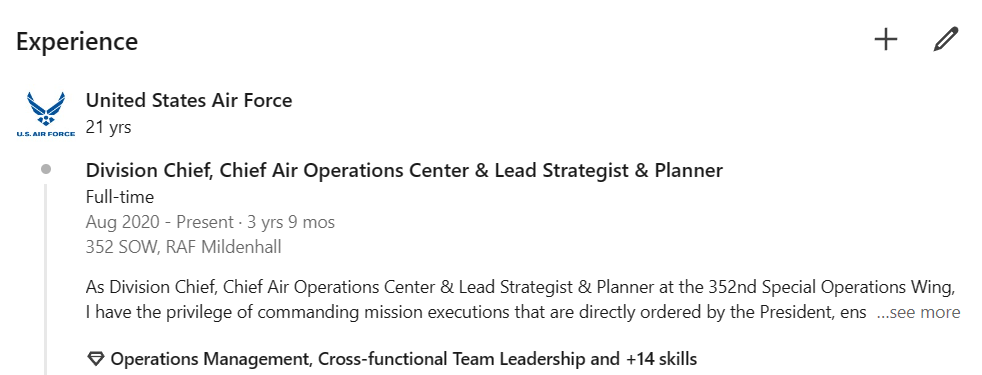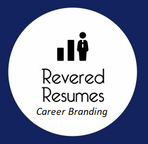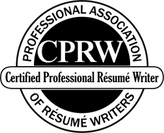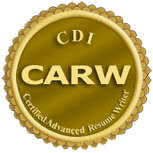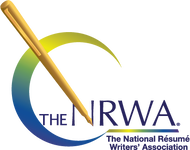|
Update Your Headline
Update Your About Section
Update Your Experience Section
Update Your Education Section
Add or Update Certifications
Add Skills
Tips for Optimizing Your Profile
0 Comments
Introduction
As job seekers, we are constantly on the lookout for the next big thing in the job market. It's important to stay ahead of the curve and anticipate the trends that will shape the future of work. In this blog post, we will explore the top trending careers for 2024, giving you valuable insights into the industries that are expected to experience significant growth in the coming years. So, buckle up and get ready to discover the exciting career opportunities that await you! Artificial Intelligence and Machine Learning Artificial Intelligence (AI) and Machine Learning (ML) have been making waves in recent years, and this trend is set to continue well into 2024. With advancements in technology and the increasing reliance on data-driven decision-making, professionals skilled in AI and ML will be in high demand across various industries. Companies are looking for experts who can develop and implement AI algorithms, build predictive models, and automate processes to improve efficiency and productivity. Moreover, AI and ML are revolutionizing industries like healthcare, finance, and manufacturing. For example, in healthcare, AI-powered diagnostic tools can analyze medical images and detect abnormalities with greater accuracy than ever before. In finance, machine learning algorithms can analyze vast amounts of data to identify patterns and make informed investment decisions. In manufacturing, AI-powered robots can streamline production processes and enhance quality control. Therefore, if you have a knack for data analysis, programming, and problem-solving, a career in AI and ML might be the perfect fit for you. By staying updated on the latest advancements in this field and acquiring the necessary skills, you can position yourself for success in this rapidly growing industry. Renewable Energy With the increasing concerns about climate change and the transition to a more sustainable future, the renewable energy sector is expected to experience significant growth in the coming years. As governments and organizations worldwide commit to reducing carbon emissions, the demand for professionals in the renewable energy industry is on the rise. Renewable energy encompasses various sources such as solar, wind, hydro, and geothermal power. Careers in this field can range from engineers specializing in the design and installation of renewable energy systems to project managers overseeing the construction of solar or wind farms. Additionally, there is a need for researchers and scientists to develop innovative technologies that can enhance the efficiency and affordability of renewable energy. Furthermore, the renewable energy sector offers excellent opportunities for job seekers who are passionate about sustainability and want to make a positive impact on the environment. By pursuing a career in renewable energy, you can contribute to the development of clean energy solutions and help build a greener future for generations to come. Cybersecurity In today's digital age, cybersecurity has become a top priority for organizations across all industries. With the increasing frequency and sophistication of cyber threats, companies are investing heavily in protecting their sensitive data and ensuring the privacy of their customers. As a result, the demand for cybersecurity professionals is skyrocketing. Cybersecurity careers span a wide range of roles, from ethical hackers who uncover vulnerabilities in systems to security analysts who monitor network traffic for potential threats. Additionally, there is a need for cybersecurity consultants who can assess an organization's security posture and recommend measures to mitigate risks. Moreover, as technology continues to advance, new challenges in cybersecurity emerge. With the rise of Internet of Things (IoT) devices, cloud computing, and artificial intelligence, professionals with expertise in these areas will be highly sought after. By keeping up with the latest cybersecurity trends and obtaining relevant certifications, you can position yourself as a valuable asset in this ever-evolving field. Conclusion The job market is constantly evolving and being aware of the top trending careers for 2024 can give you a competitive edge in your job search. Whether it's AI and ML, renewable energy, or cybersecurity, these industries offer exciting opportunities for professionals looking to make a difference and be part of the future of work. So, take the time to explore these career paths, acquire the necessary skills, and position yourself for success in the years to come. When it comes to making a great first impression during an interview, your attire plays a crucial role. The way you present yourself speaks volumes about your professionalism and attention to detail. Dressing appropriately not only shows respect for the opportunity but also boosts your confidence. In this blog post, we will explore some key tips and guidelines to help you dress for success and make a lasting impact in your next interview.
Research the Company Culture Before deciding what to wear, it is important to research the company culture. Each organization has its own unique dress code, ranging from formal business attire to a more casual dress style. Visit the company's website, social media profiles, or reach out to current employees to get a sense of their dress expectations. Aligning your attire with their culture will demonstrate your ability to adapt and fit in seamlessly. Dress One Step Above When in doubt, it is always better to be slightly overdressed than underdressed. Aim to dress one step above the company's dress code. For a formal or business professional environment, opt for a well-tailored suit in a conservative color such as navy or charcoal gray. For a business casual setting, consider wearing dress pants or a skirt with a blouse and a blazer. Remember to choose clothes that fit well and make you feel confident. Pay Attention to Grooming While choosing the right outfit is important, grooming also plays a significant role in your overall appearance. Ensure that your hair is well-groomed, nails are clean, and facial hair is neatly trimmed. Avoid excessive jewelry or strong perfumes or colognes that can be distracting. Pay attention to small details like ironing your clothes, polishing your shoes, and having a professional-looking bag or briefcase to carry your documents. Showcase Your Personality Within Limits While it is essential to present a professional image, you can still showcase your personality through your attire. Add subtle touches of color or accessories that reflect your personal style but remember to do so within the limits of professionalism. Avoid loud patterns, flashy jewelry, or anything that could distract from your qualifications or experience. Your goal is to stand out for the right reasons and leave a lasting impression on your potential employer. Dressing for an interview is an art that requires careful consideration of the company culture, professionalism, and personal style. By doing your research, dressing one step above the dress code, paying attention to grooming, and showcasing your personality within limits, you can create a powerful and memorable first impression. Remember, confidence is key, and when you feel good about how you look, it will naturally translate into how you present yourself during the interview. So, dress for success, embrace your unique style, and let your qualifications shine through! |
Categories
All
Archives
December 2023
|
HOURSM-F: 9am - 5pm
|
|



